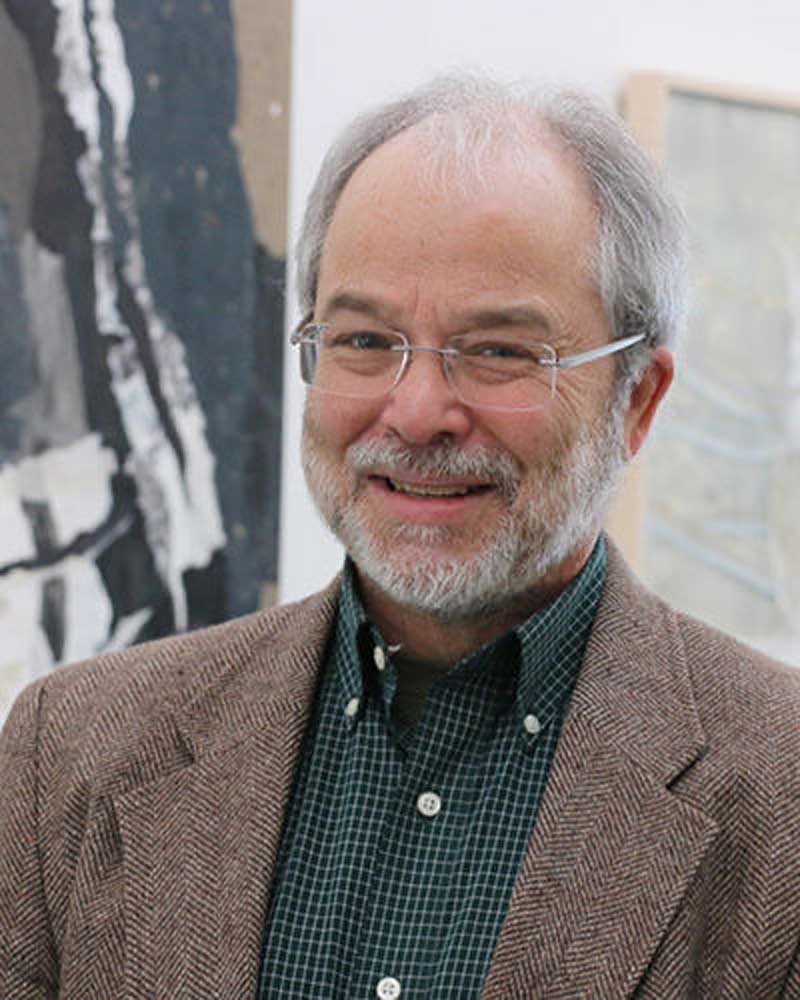Column: Words can be very ‘interesting’
Published 12:30 am Tuesday, April 4, 2023

- Steve Trotter
I am a lover of words. Large, small. Short, lengthy. Don’t much care. I’m always alert to the right word in the right place at the right time. Not that I always succeed. I don’t, of course. I’ve been called a snob about language (and grammar) too many times to count.
Trending
For your amusement, here are some words I’ve been pondering. I know they have amused me.
My wife and I love the word “interesting,” largely because of its elastic nature. It fits most anywhere and can contain most anything. “What do you think of that new recipe you used for dinner?” she asks. “It was interesting,” I reply, playing it safe. “Interesting” avoids judgment. It steers clear of commitment. It provides an answer without providing much of an answer. Perfect.
“How was that Trotter guy’s column in the Spokesman?” “Interesting.” See?
Trending
Here’s one I hear a lot, but no one, including those who use it, seem to know what it means: “Woke.”
What’s the opposite of woke? Asleep. So those who aren’t “woke” are sleeping. I confess that the writing teacher I once was gets a little irritated here. “I woke up.” Past tense. “I am awake.” Present tense. At some narrow point on the continuum of meaning, “woke” as I hear or read it, is poor usage.
Mrs. Smith, my eighth grade English teacher who, despite my best efforts, taught me some grammar, would be appalled at “woke.” It strikes me as obvious, perhaps you also, that those who love the word and use it so frequently and loudly, didn’t pay attention in eighth grade.
But that’s a minor concern. Of larger concern is the inability of the word’s champions to define it. Listening and reading I’ve concluded that “woke” means whatever I want it to mean. Two threads are consistently shown: “woke” means something I don’t like; “woke” means something someone I don’t like is doing or saying.
“Woke” matches “interesting” in its elasticity. Like an ever expanding universe, “woke” grows to contain whatever the speaker shoves inside.
Its users are loud. They are angry. “Woke,” being awake, is a bad thing they tell us, so they’re loud in denouncing the “woke.” I think things would be much calmer and pleasant if the “woke” haters quit the word and assumed the opposite stance: “I’ll take a nap. I’ll be asleep, not ‘woke.’”
I may be dreaming, but possibly, maybe, perhaps, if we lost the word and the vitriol that attends it, civil discourse might grow in its place. I’m rarely optimistic, but maybe, just maybe, there’s a chance.
Finally, a three letter word in a variety of forms, a three letter word that makes me go crazy in its use. I just used it. Oh no!
The word? The various combinations of the letters “i,” “t” and “s.” Keep in mind I taught writing for a couple years at a small university in a small European country, so I’m a snob about certain things. But I also prefer my communications clear and without much ambiguity. (See why I don’t like “woke”? It is undefined. Thus meaningless.)
(Imagine I’m at the whiteboard in front of class. Ready?) “It’s (I write on the board) with an apostrophe means ‘it is’. Only that. Every time. No exceptions.”
Here’s where English starts bothering those who are learning it. “You form a possessive of a word by adding apostrophe+s at the end, like this: “It’s (it is) Steve’s pencil. The apostrophe+s says the pen belongs to Steve.”
So, we logically say, the possessive form of “it” must be “it’s.” If English were consistent and logical, we’d be right. English though, is odd, peculiar and doesn’t obey rules.
What’s the possessive form of “it”? “Its” with no apostrophe. Not its+apostrophe Not it+apostrophe+s — Just its.
Why this rant? I feel lonely. I want you to join me in the group of folks who think communicating clearly beats blowing smoke, being fuzzy or gaslighting. Right word + right time = clear(er) communication. Clear communication = fewer mistakes and misunderstandings. Fewer mistakes between us = a more peaceful life.
All that from eighth grade English.








